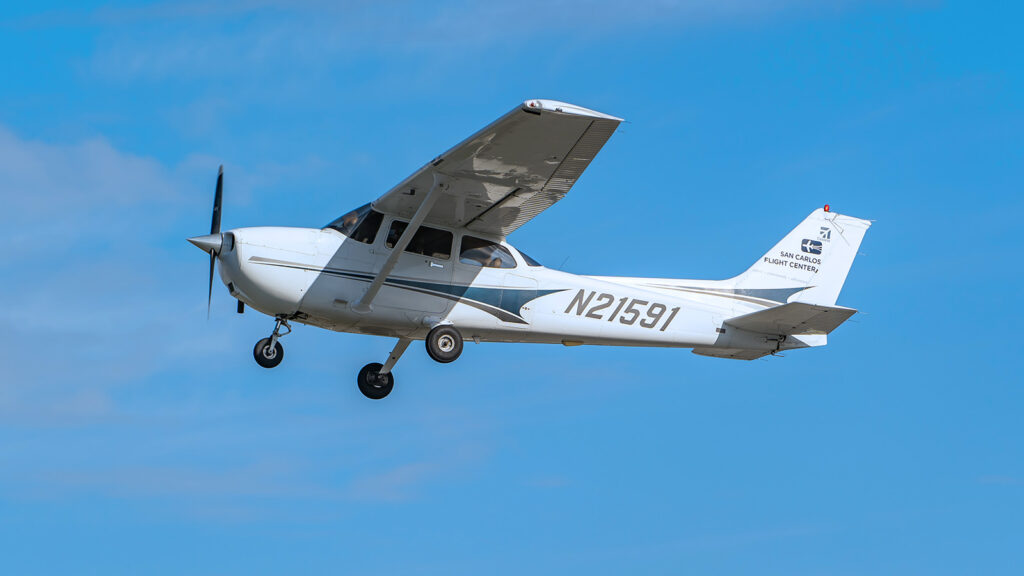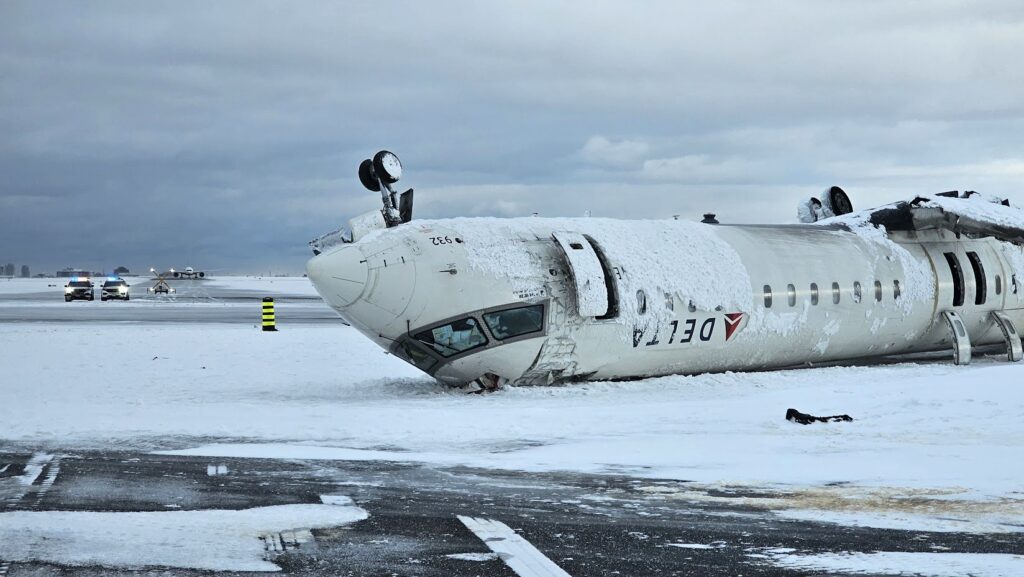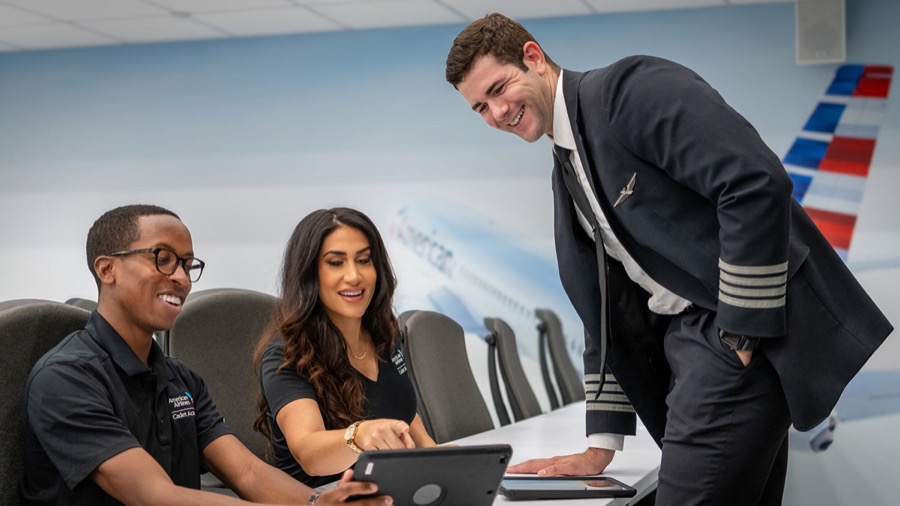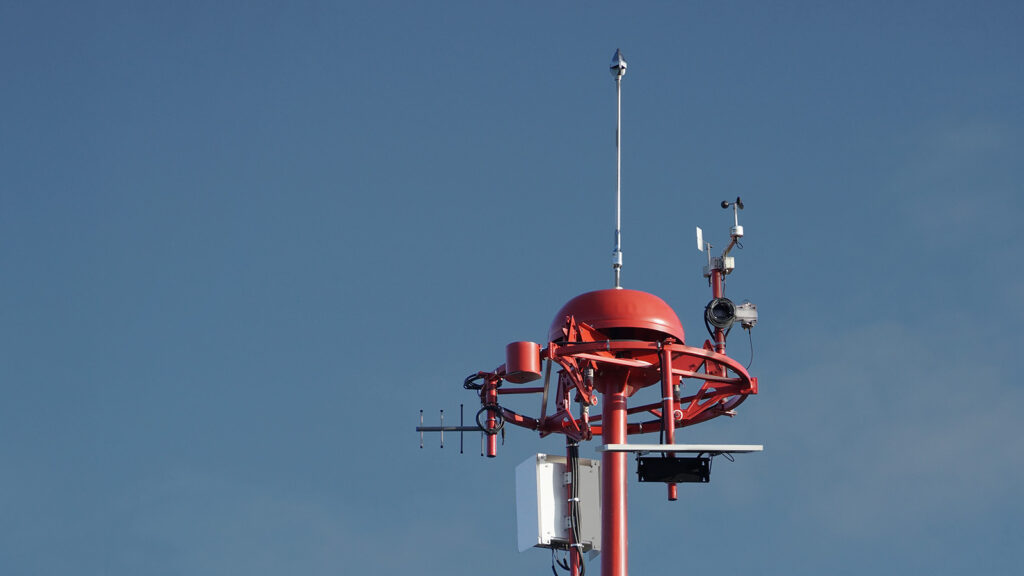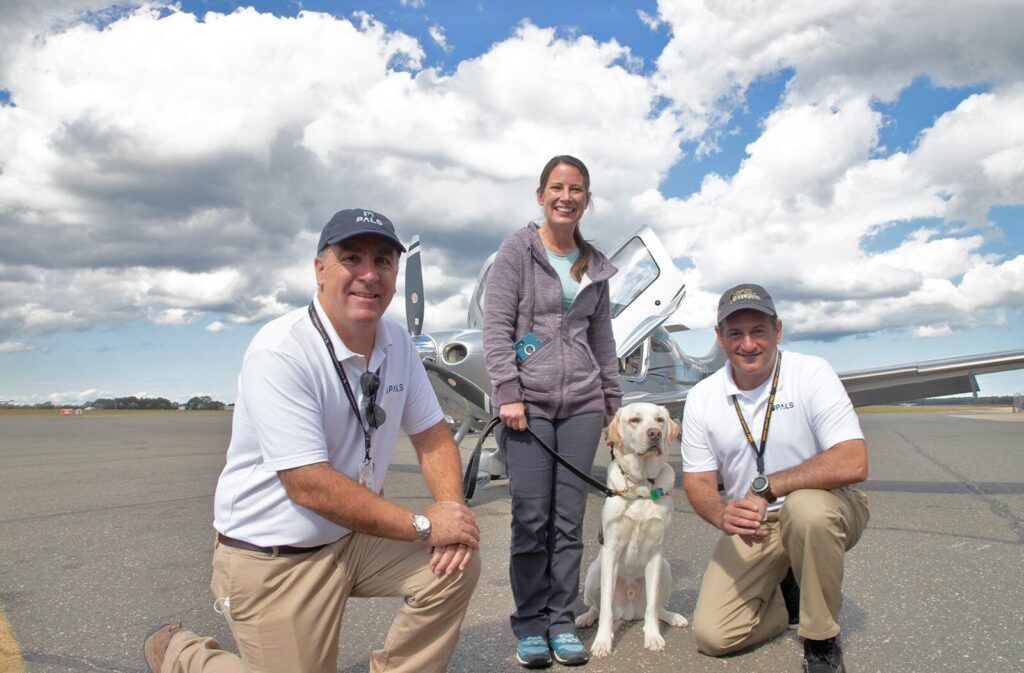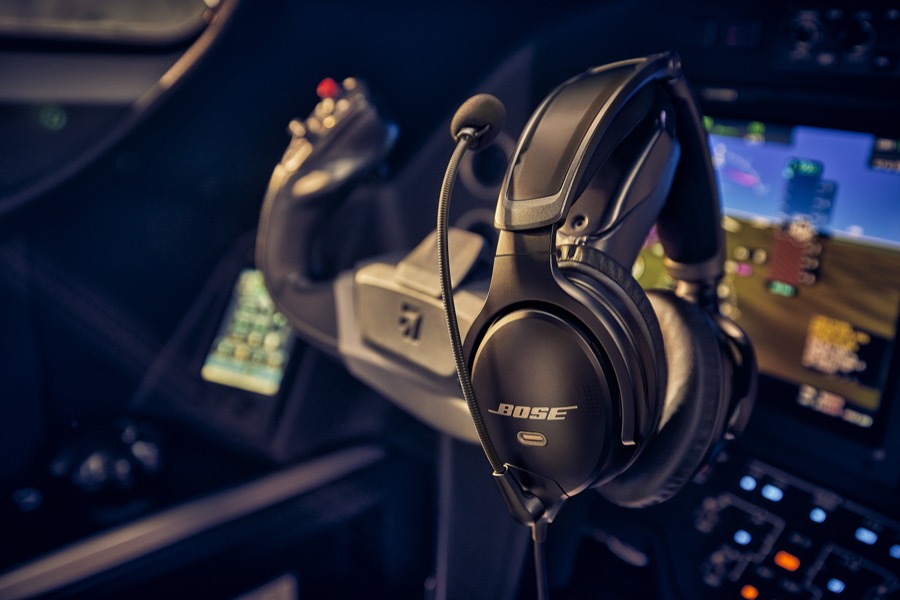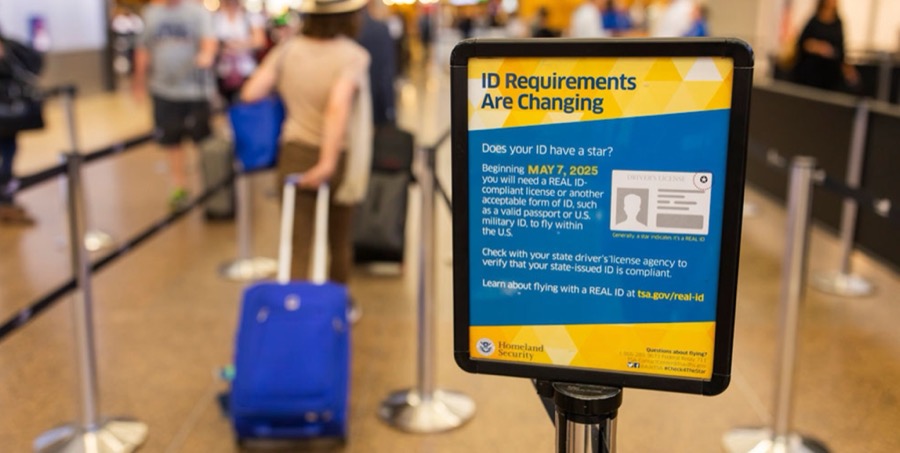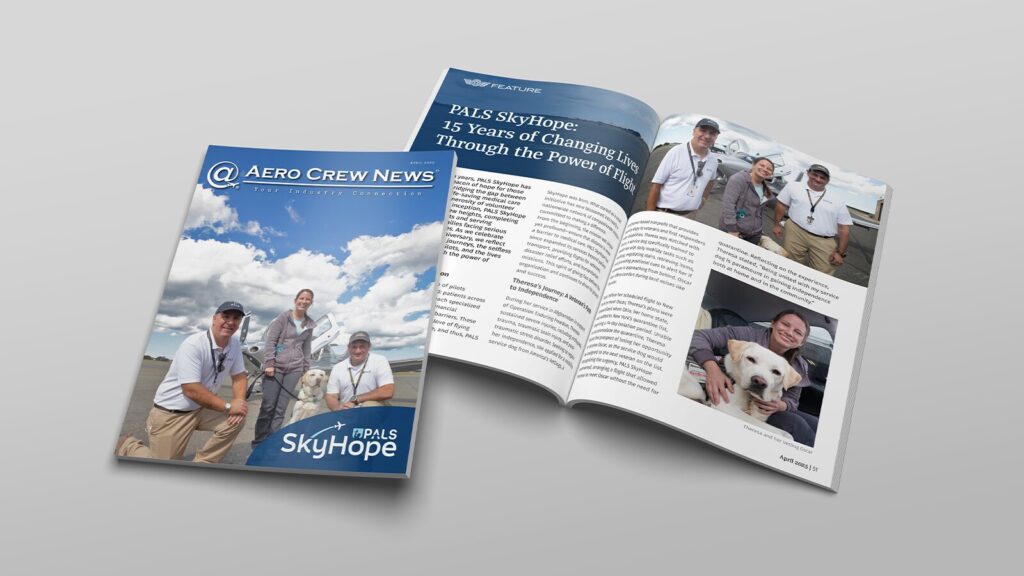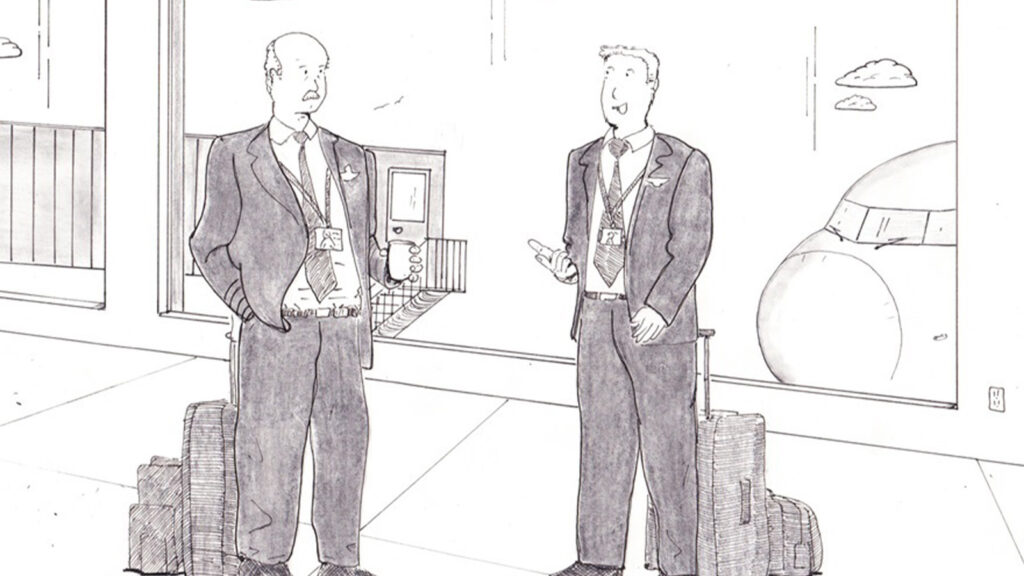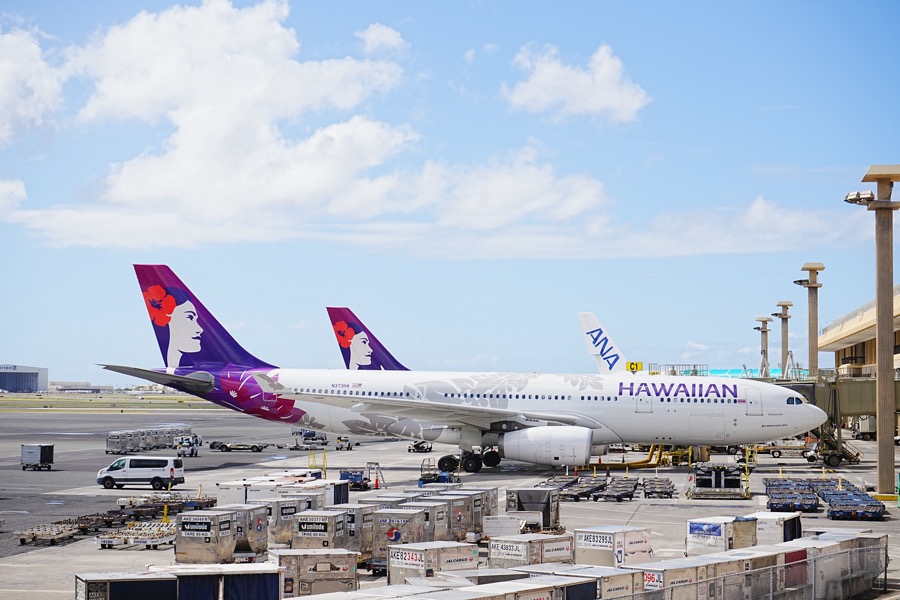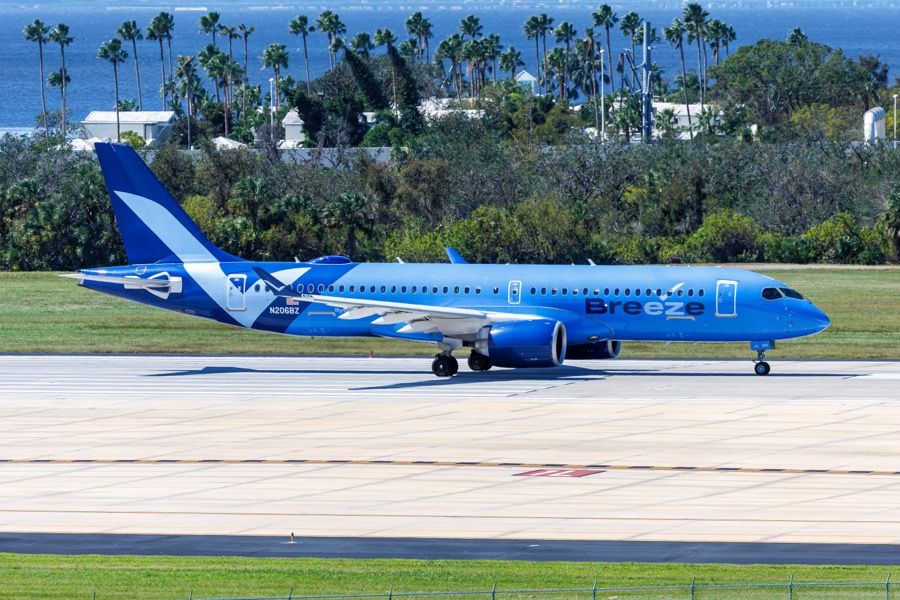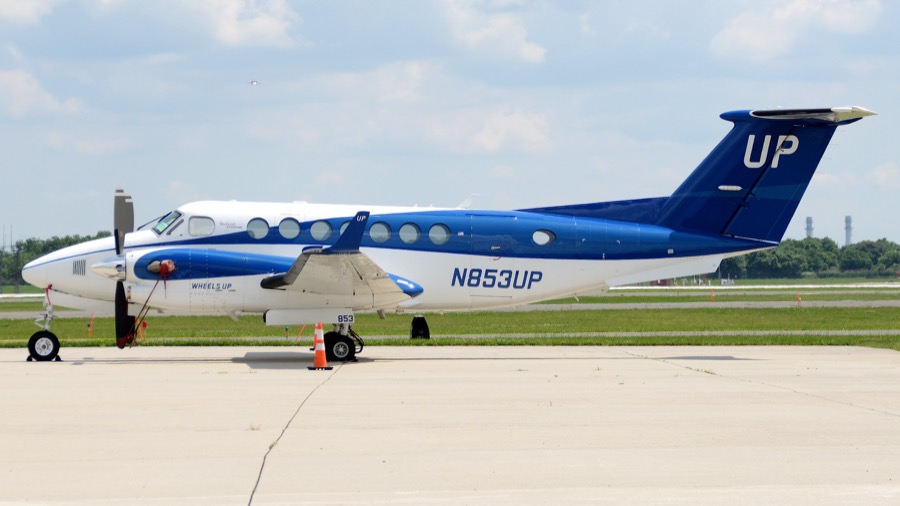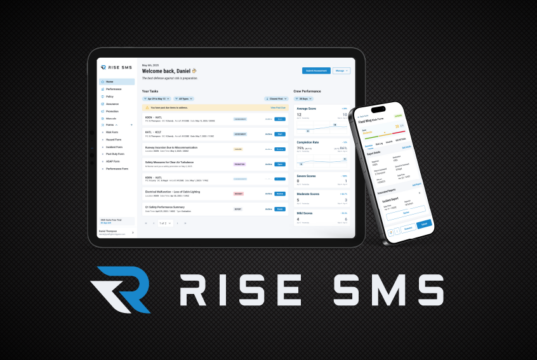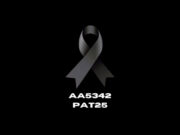
Among the most important resources for any student pilot is their flight instructor. Especially for brand new students, picking the right instructor can be incredibly beneficial for establishing a good skill base and starting your aviation career on the right foot. But sticking it out with the wrong instructor can delay progress and lead to bad habits that later must be unlearned. Let’s take a quick look at how to tell whether your instructor is right for you and when it might be time to switch.
First, let’s consider what the right flight instructor looks like. Just as much as an instructor must be a good pilot, they must know how to teach complex concepts to a wide variety of students. Especially in Part 61 schools, this means being able to teach to students who have a variety of goals; from those pursuing advanced certificates and careers or training in new, complex aircraft, to those looking only to fly recreationally in simpler planes. This means a good instructor must be able to adapt their teaching style for different skill sets and learning styles as well as adjust for students at different stages in their careers.
A good instructor must stay calm in a variety of situations. They should stay calm even in tense situations that require focus and skill They also need to be able to offer constructive criticism without becoming irritated or demeaning. And when they must critique a student, a good instructor knows how to be straightforward and professional without belittling the student or discouraging self-reflection.
A good instructor is also one who adapts to each student’s needs. If a certain topic proves challenging, a good instructor adapts teaching styles, tries new exercises, and when needed, consults with other instructors to help their student master tricky skills. They work with the student to focus on what the student needs help with and adapts their teaching style.
What this comes down to then, is that a good instructor must meet their students where they are. They must exercise patience and commit themselves to helping their students grow into their life as a pilot.
In many ways, a poor instructor is the opposite of these things. Instead of staying calm, a poor instructor is easily irritated when a student makes mistakes or struggles to grasp a concept. This instructor might excessively reprimand students for relatively minor mistakes or neglect to offer constructive criticism when it’s necessary. They might not show any interest in attempting new tactics to help students or in working with other instructors to find good solutions to students’ struggles in the cockpit.
Of course, the dichotomy between a good instructor and bad instructor isn’t so clear cut. Oftentimes, an instructor may be an incredible teacher whose style, unfortunately, doesn’t match with that of their students. And just because someone is a good pilot doesn’t automatically mean they are a good instructor, nor vice versa.
Ultimately, whether an instructor is labeled “good” or “bad” does not matter as much as that they are an effective teacher for your current place in aviation. It is critical to train with an instructor who meets you where you are and can guide you to your next milestone. There is no shame in changing instructors if needed. An experienced flight instructor knows that it isn’t personal and should encourage you to pursue the best path for your career. And a move can often result in you becoming a better pilot, because if you’re with the right instructor, you can make meaningful progress throughout your training more quickly and efficiently avoiding wasting time, money, and skills in the wrong place.















